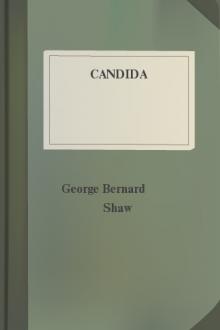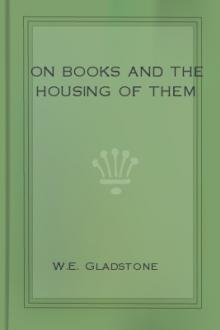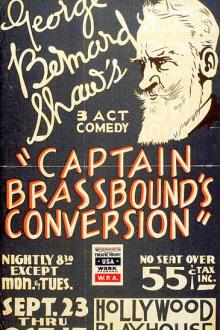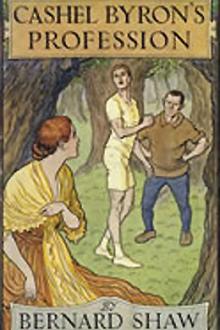The Devil's Disciple
The Devil's Disciple
Set in Colonial America during the Revolutionary era, the play tells the story of Richard Dudgeon, a local outcast and self-proclaimed "Devil's disciple". In a twist characteristic of Shaw's love of paradox, Dudgeon sacrifices himself in a Christ-like gesture despite his professed Infernal allegiance.
Book Excerpt
self-denial.
This conception is easily extended to others--denial, and finally
generalized as covering anything disagreeable. So Mrs. Dudgeon,
being exceedingly disagreeable, is held to be exceedingly good.
Short of flat felony, she enjoys complete license except for
amiable weaknesses of any sort, and is consequently, without
knowing it, the most licentious woman in the parish on the
strength of never having broken the seventh commandment or missed
a Sunday at the Presbyterian church.
The year 1777 is the one in which the passions roused of the breaking off of the American colonies from England, more by their own weight than their own will, boiled up to shooting point, the shooting being idealized to the English mind as suppression of rebellion and maintenance of British dominion, and to the American as defence of liberty, resistance to tyranny, and selfsacrifice on the altar of the Rights of Man. Into the merits of these idealizations it is not here necessary to inquire: suffice it to say, without prejudice, that they have convinced both Americans and English that the most high minded course for them to pursue is to kill as many of one another as possible, and that military operations to that end are in full swing, morally supported by confident requests from the clergy of both sides for the blessing of God on their arms.
Under such circumstances many other women besides this disagreeable Mrs. Dudgeon find themselves sitting up all night waiting for news. Like her, too, they fall asleep towards morning at the risk of nodding themselves into the kitchen fire. Mrs. Dudgeon sleeps with a shawl over her head, and her feet on a broad fender of iron laths, the step of the domestic altar of the fireplace, with its huge hobs and boiler, and its hinged arm above the smoky mantel-shelf for roasting. The plain kitchen table is opposite the fire, at her elbow, with a candle on it in a tin sconce. Her chair, like all the others in the room, is uncushioned and unpainted; but as it has a round railed back and a seat con
FREE EBOOKS AND DEALS
(view all)Popular books in Drama, War, History, Fiction and Literature
Readers reviews
0.0
LoginSign up
Be the first to review this book
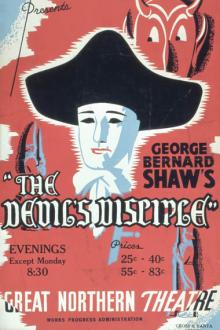
 Free Download
Free Download
















